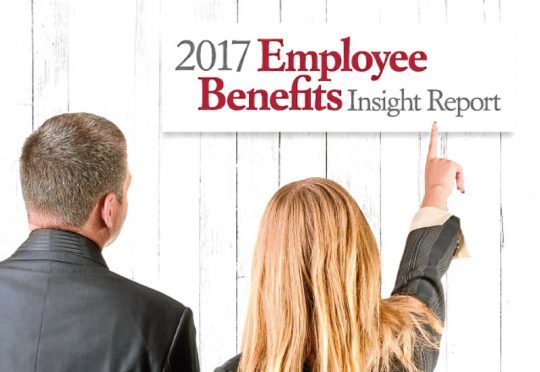Employers increasingly see it as their role to help people make better decisions about retirement, according to a major new survey.
More than half (58%) of companies taking part in the study said they would help staff to make more informed choices.
And nearly half (42%) were willing to pay for professional advice to help workers plan, according to the research commissioned by wealth management and employee benefit specialist Mattioli Woods.
The Mattioli Woods 2017 Employee Benefits Insight report involved interviews with 300 key decision-makers and data gathered from 2,692 companies across the UK.
Alan Fergusson, managing director, employee benefits, in the Aberdeen office of Mattioli Woods, said: “The market has never seen so much change.
“We are now nearing the end of the initial auto-enrolment legislation that started as far back as 2012. With taxation changing, legislation targeting higher earners and new ways of saving being launched, it is an exciting time.”
The survey revealed poor understanding among bosses about financial education for employees, although an overwhelming majority (85%) felt it was needed. It also reinforced expectations of a spike in the number of firms planning to review their auto-enrolment arrangements within the next year, with many firms setting aside budgets for the task.
Two in five employers expected to improve benefit packages for their workforces, with popularity and staff satisfaction the main drivers.
Only 12% had flexible systems which use technology to help manage and communicate employee benefits.
More than 60% of firms felt their benefit packages represented value for money, but fewer than 15% knew whether staff shared the view.
Mr Fergusson said: “Employers increasingly want to see a return on investment around their benefit spend, and benefits communication must improve to assist employers in achieving this.
“We believe four key words are at the heart of a good benefits package – attract, retain, motivate and engage.
“Hopefully, this research will allow companies to work towards a benefits strategy that delivers them all.”
Group schemes (49%) were the most widely offered pension type among companies surveyed. Fewer than 4% had defined benefit schemes and less than 3% offered self-invested personal pensions. Nearly half (45%) reviewed pension benefits every one to two years but more than 20% had no formal reviews.
